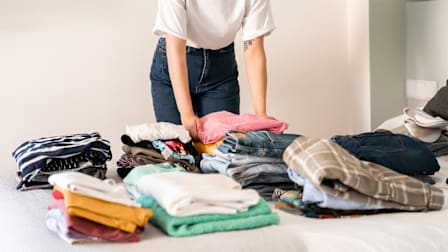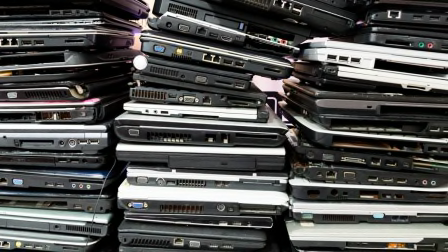CR Behind the Scenes
Fall 2023
Thank you for joining us in our work to make consumers’ lives safer and healthier! We’re excited to share how your support helped Consumer Reports advocate for safer baby food and push fintech companies to be more transparent.
Here’s a look at your impact at work.
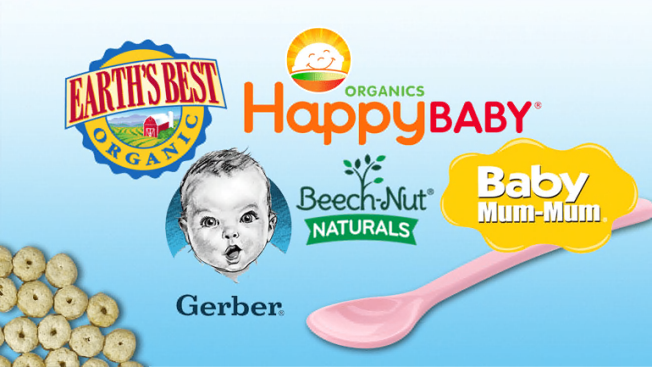
Making Baby Food Safer
CR and more than 12,000 of you called on the CEO of Happy Baby Organics to remove all their rice-based puffs from the market until it could source safer ingredients without heavy metals, and the company listened. Happy Baby Organics subsequently pledged to test not only their finished product but also their raw ingredients.
Heavy metals such as lead, arsenic, and cadmium are associated with health and developmental problems in young children. We tested fourteen baby food products for those three heavy metals to see whether baby food had lower levels of them since our previous investigation in 2018. Our new results show that the industry still has a way to go, said James E. Rogers, PhD, CR’s director of food safety research and testing. CR found that while the amounts of lead, arsenic, and cadmium in baby foods appear to be getting lower, the overall risk hasn’t changed much in the past five years.
That doesn’t mean parents and caregivers should panic. While concerning, the risk comes from repeated exposure over long periods of time, not from eating a food just once or even several times.
Food manufacturers and the government must do their part to ensure children have access to healthy food. For over a decade, CR has called on the FDA to establish strict limits of heavy metals in baby food that can pose serious health problems in children over time. By pushing companies like Happy Baby Organics to reexamine how it makes its products, CR and its supporters hold the food industry to a higher standard for healthier kids and families.
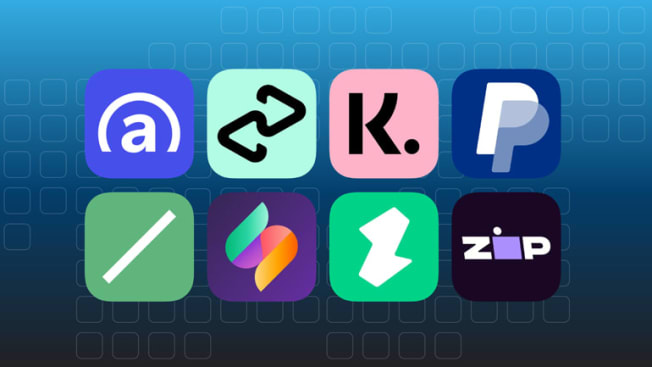
Keeping Your Financial Information Secure
Available at checkout at retailers like Amazon and Walmart and even at restaurants and grocers, “Buy Now, Pay Later” (BNPL) services allow you to divide the cost of a purchase into four payments over several weeks or months. A nationally representative CR survey of 2,017 U.S. adults found that about 1 in 5 Americans had used BNPL at least once.
At the same time, there is growing concern that these loans lack critical consumer protections, which can make users vulnerable to fraud and identity theft.
We analyzed eight popular BNPL apps including PayPal, Klarna, and Sezzle for privacy, transparency, and security. Paypal came out on top, while others had mixed results. CR’s report was covered widely, including by CBS News and Forbes. After discussing CR’s findings with our app testers, Sezzle created a new page that more clearly outlines how the company protects consumer accounts. Sezzle and Klarna also agreed to consider other ways they could clarify how they monitor potential fraud.
To protect yourself when using BNPL apps, check your account regularly, always review transaction notifications and emails from your provider, change the privacy settings on your phone, and opt out of data sharing when you sign up.
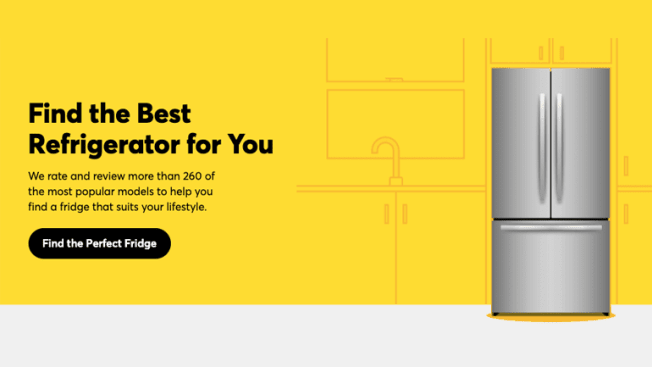
Need Help Finding the Perfect Fridge?
CR members can use a new digital tool to get a personalized recommendation for the right fridge from among the more than 260 refrigerators we currently rate. We test refrigerators in our temperature- and humidity-controlled rooms at our labs in Yonkers, New York. All of our product testing is designed to reflect how well a product will work for you. In addition to our lab tests, we surveyed 95,711 of you, our members, on refrigerator reliability and owner satisfaction.
On CR’s online hub all about refrigerators, learn how to make your fridge last longer, fix its settings, organize your food so it stays fresh, and how to decide whether you should repair or replace your broken fridge.
And, watch a tour of CR’s refrigerator lab given by project leader Breann Chai to see how we use kitchen sponges and more than 1,000 pounds of frozen spinach in our tests.
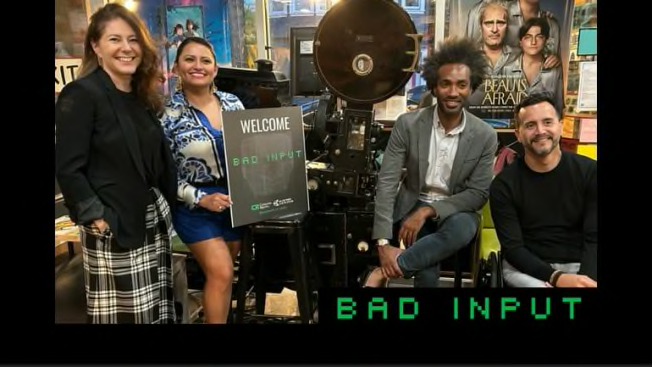
3 Must-Watch Films About Algorithmic Bias
CR, in partnership with Kapor Foundation, released BAD INPUT, a series of short films that tell the story of hidden risks in seemingly “neutral” technology, and the people working to make systems fairer. Directed by Alice Gu, BAD INPUT investigates how discriminatory technology affects people’s health, finances, and privacy. The three-part series features individual experiences and research from experts in several fields, including medicine, finance, law, and technology.
“Algorithms are now present in our daily lives and can have detrimental effects to communities of color and marginalized groups in areas such as mortgage lending, medical devices, and facial recognition technology,” said Amira Dhalla, director of impact partnerships and programs at CR. “BAD INPUT explores these challenges and how we can begin addressing potential harms with greater transparency and accountability so that no one is negatively impacted by these hidden, prejudiced systems.”
We launched a petition to urge companies to stop algorithmic bias, which 15,000 people have signed so far. We also invited the public to get involved with our community partners, which include the American Civil Liberties Union, Girls Who Code, and The Markup. This project is part of CR’s continuing work to use research and testing to bring together people to create societal change for a fairer world.
Watch the films and take action at BADINPUT.org.


